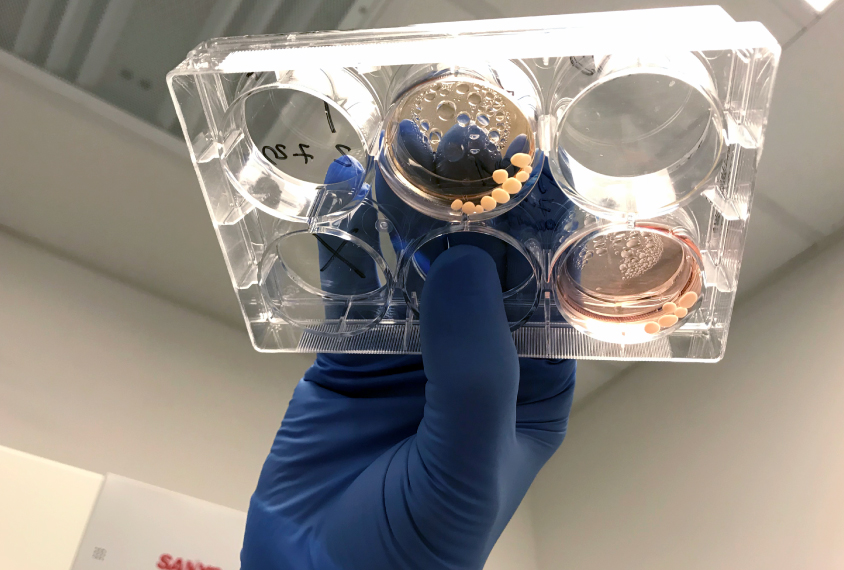It's a problem that plagues teenagers and even some adults. But now, a professor at the University of California, San Diego (UCSD) may have a solution.
Professor Eric Huang, PhD, at the Department of Dermatology at the school has developed an acne vaccine he said can cure the disease.

"This is the first vaccine for human beauty," Huang told NBC 7 during a phone interview. "I think this vaccine has a huge market in the whole world."
Huang has been researching the vaccine for five years at UC San Diego and said it is now ready to go into large-scale clinical trials.
He explained that an overgrowth of P.acnes bacteria inside an acne lesion can cause inflammation when the bacterium releases a toxin called Christie-Atkins-Munch-Peterson (CAMP) factor. This is what causes acne.

But because of antigen masking, the human body cannot neutralize the toxin by itself.
California
News from across California
Huang said the vaccine can neutralize the CAMP factor.
"It does not kill the bacteria," Huang stressed during the interview. "The vaccine neutralizes the bacteria, which everybody has."
He added that the bacteria can be good for the body.
The vaccine was tested on mice and worked well, Huang said, and then tested on people.
"We are doing clinical trials but it's very, very small-scale," he told NBC 7.
They developed two types of vaccines--a preventative vaccine and a therapeutic one. The preventative vaccine will be injected into patients at elementary school age, Huang said.
"We are also developing the therapeutic vaccines using antibodies," he said. "The therapeutic antibodies can topically apply onto the acne lesions directly to treat inflammatory acne lesion in patients who have already developed acne."
Huang told NBC 7, the next step is for them to partner up with a pharmaceutical company to conduct large-scale clinical trials for the vaccine, after it is approved by the Food and Drug Administration.
If clinical trials start soon, the vaccine could be available in three to five years.
"Every day I receive several emails from acne sufferers," Huang said. "They told me how acne affects their social activities and are willing to be volunteers as human subjects in clinical trials."



